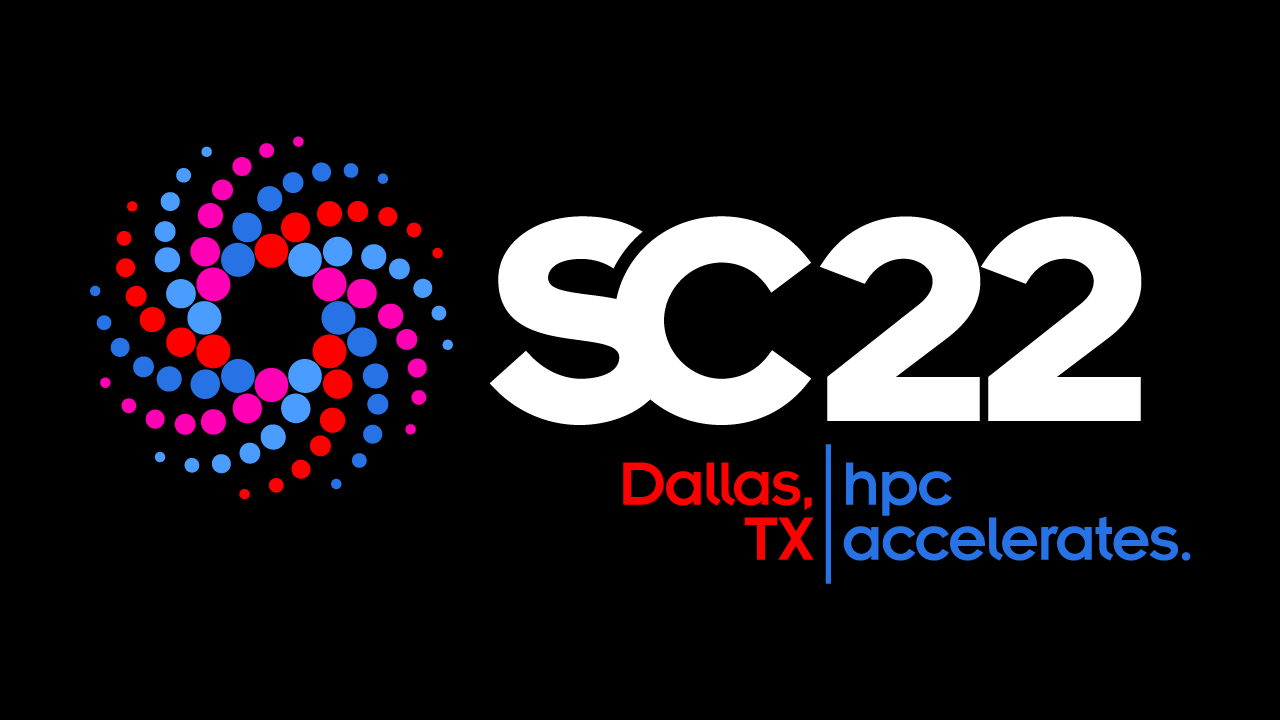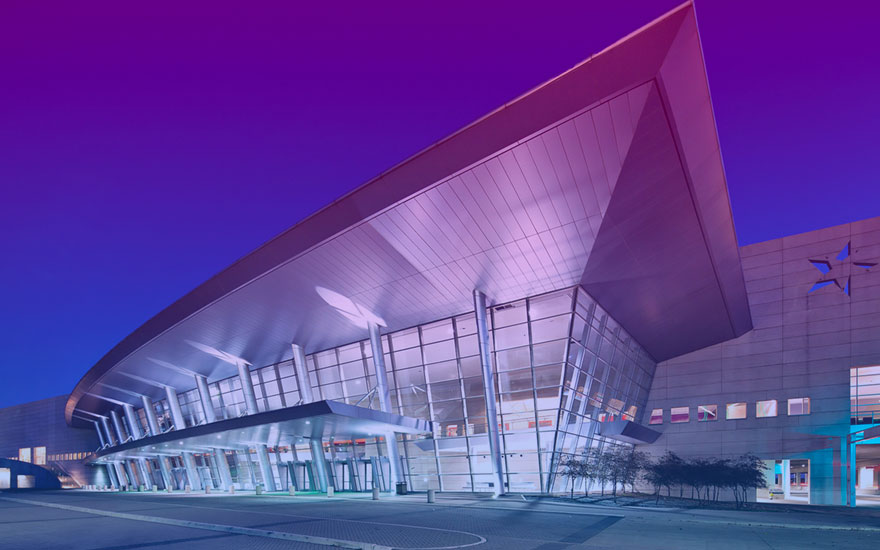November 14, 2022
RSDHA: Redefining Scalability for Diversely Heterogeneous Architectures
Dallas, TX, 2022
(Collocated with SC'22)
Call For Papers (TXT)
Recent trends toward the end of Dennard scaling and Moore’s law makes the current and upcoming computing systems more specialized and complex, consisting of more complex and heterogeneous architectures in terms of processors, memory hierarchies, on-chip-interconnection networks, storage, etc. This trend materialized in the mobile and embedded market, and it is entering the enterprise, cloud computing, and high performance computing markets. RSDHA is a forum for researchers and engineers in both HPC domain and embedded/mobile computing domain to gather together and discuss 1) the latest ideas and lessons learned from the previous experience on traditional (i.e., horizontal) and heterogeneity-based (i.e., vertical) scaling in their own domains and 2) possible synergistic approach and interaction between the two domains to find a good balance between programmability and performance portability across diverse ranges of heterogeneous systems from mobile to HPC.
The RSDHA workshop aims to serve as a forum for investigating the un-explored region of the two-dimensional space of traditional node-based (i.e., horizontal) and heterogeneity-based (i.e., vertical) scaling of the current and upcoming HPC and mobile/embedded systems. The scope of this workshop can be categorized in two primary areas: 1) Vertical Scaling, which will cover the studies that will enable HPC applications to utilize a more diverse range of processors, and 2) Horizontal Scaling, which will cover the studies that investigate the application of the traditional HPC techniques to the mobile and autonomous systems to beat the multi-node scalability challenges as the mobile/embedded systems become increasingly more connected.
The topics of interest include but are not limited to:
- Performance-portable parallel programming paradigms for newly emerging accelerator types
- Runtimes for arbitrary degrees of heterogeneous diversity
- Analytical modeling for general-purpose and domain-specific programmable accelerators
- Application of heterogeneous programming/scheduling techniques used in embedded and mobile computing to HPC systems and vice versa
- Communication and memory access challenges for clustered execution of highly diverse platforms
- Analytical resource consumption modeling and decision making mechanisms for edge-cloud systems
- Compositional resource management and workload balancing across the collaborative clusters
- Fault tolerant and resilient execution for mobile and autonomous systems
Contact
If you have any problems or questions, please contact us via e-mail at:
belviranli@mines.edu
Full papers:
Authors are invited to submit original papers of at least 6 pages in length and at most 10 pages, which include tables, figures, and your appendices, but excluding references. All submissions should be formatted according to the IEEE Conference Proceedings format (see https://www.ieee.org/conferences/publishing/templates.html). Full papers are expected to be published in the IEEE Xplore digital archive in collaboration with IEEE TCHPC. The authors, if accepted, will have the opportunity to present their work during the workshop.
Extended Abstracts:
Authors may also opt-in to submit position papers and work-in-progress as extended abstracts of at most 2 pages in length, which include tables, figures, and your appendices, but excluding references. All submissions should be formatted according to the IEEE Conference Proceedings format (see https://www.ieee.org/conferences/publishing/templates.html). The authors, if accepted, will have the opportunity to give a short presentation during the workshop. Extended abstracts will not appear in the proceedings.
Submitted papers must be neither previously published nor under review by another workshop, conference or journal. Only electronic submissions in PDF will be accepted. Submitted papers must be written in English, must be minimum 10pt font, must render without error using standard PDF viewing tools, must print on US-Letter-sized paper, and must conform to the standard IEEE Template.
Initial dissemination of call for papers June 13, 2022
Paper Submission Deadline (Full papers and Extended Abstracts): August 22, 2022
Notification of Acceptance: September 9, 2022
Camera-ready Papers: September 28, 2022
Workshop: November 14, 2022


